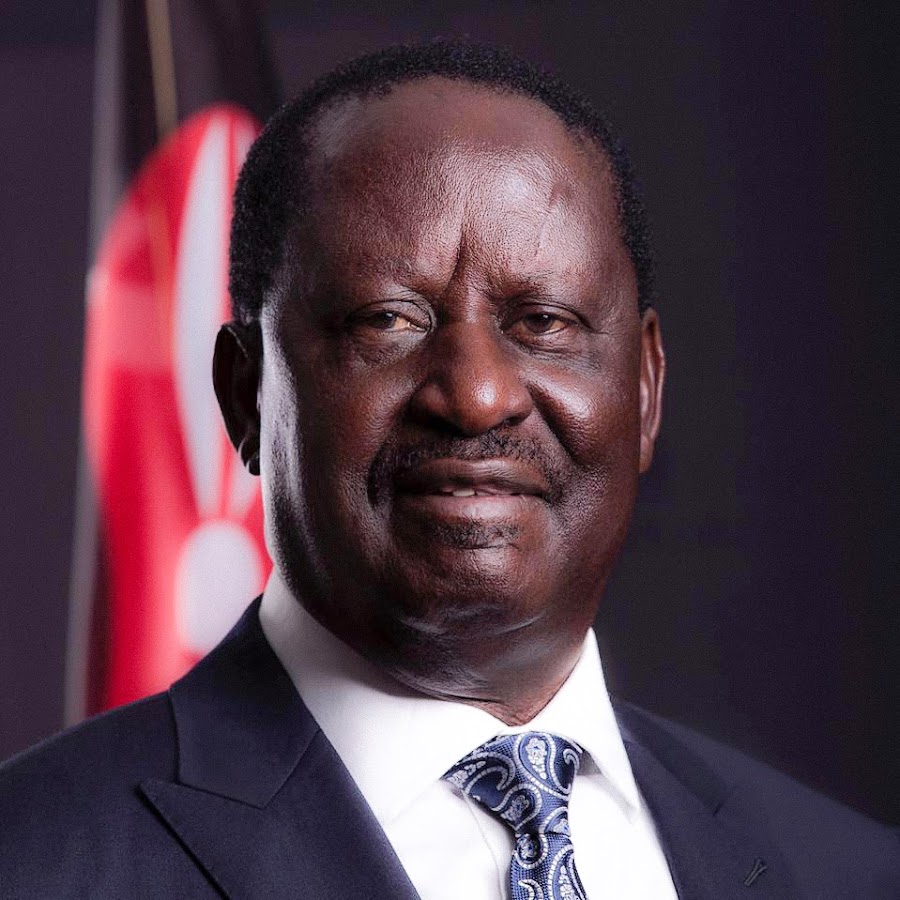When I heard today that Raila Odinga had died, a silence settled across Kenya—not the silence of relief, not the silence of closure, but the silence of an unresolved conversation. Raila’s life never allowed closure. It demanded ongoing debate.
There are men whose lives bend the shape of a nation’s story. Raila Amolo Odinga was such a man. His death feels less like the fall of a politician and more like the end of a long argument—an argument about what Kenya could be, who owns it, and how power should behave.
A Presence That Spoke
For more than half a century, Raila inhabited the centre of Kenya’s political theatre with a stubborn magnetism. He was impossible to ignore. Whether you adored him or cursed him, you could not look away. He embodied resistance—not as a posture, but as muscle memory. He was detained, exiled, humiliated, beaten, cheated—and yet he returned, again and again, with the same gravelled voice, the same conviction, the same faith that the struggle must continue.
He carved presence out of dissent. When the machinery of power was stacked up against him, he kept showing up. That persistence became part of his symbolic capital: the man who refuses to disappear, who outlasts incumbents. He played politics like endurance. He made Kenya’s opposition not an afterthought but a lived ecosystem. He also became a brand, for better and worse. A bridge to youth, a rallying point in every crisis, a lightning rod for hopes and disappointments. In that sense, his shadow looms still. Even in death, he does not fade into history’s margin.
When others retreated, he persisted.
To his followers, he was Baba, the father who refused to abandon the fight. To his critics, he was the man who could not let go of ambition. Both were right. Raila lived within contradiction—fueled by it, even. He was at once a radical and an insider, a democrat who flirted with strongman politics, a reformer who made peace with the very system he had spent decades opposing.
His name sits at the crossroads of Kenya’s hope and heartbreak. He was there in the fire of the second liberation, when citizens tore at the chains of dictatorship. He was there when democracy limped into being, demanding new constitutions, new rules, new freedoms. And he was there when those dreams soured into deals—when politics turned transactional, when ideals were traded for handshakes and power-sharing.
Yet through every turn, Raila held one unbroken line: defiance. Not the noisy, reckless kind, but the enduring refusal to be erased. His greatest act was survival—of detention, of rigged elections, of betrayal, of fatigue. In a country that often eats its prophets, he lasted long enough to become a legend.

The measure of the man is not that he was flawless. It is that he moved the ground beneath him.
Raila’s contradictions mirror Kenya’s own. Like him, we are still learning how to turn freedom into fairness, how to wield power without breaking each other, how to forgive without forgetting. He stood for justice, but not always for consistency. He loved the people fiercely, sometimes more than he trusted institutions.
And yet, who else gave his life so completely to the unfinished business of Kenya? Who else endured loss after loss, still showing up with a raised fist and an open hand? His story is the anatomy of persistence. Raila Odinga leaves behind no throne, no chosen heir, no neat succession. What he leaves instead is a template for dissent—a living memory of what it means to confront power, to stay standing when defeat becomes routine. His death asks of us a simple question: who will now carry the argument forward?
Raila did. He turned history with his voice, his stubbornness, and his belief that Kenya was not yet finished.
Rest, Raila Amolo Odinga. The debate continues.